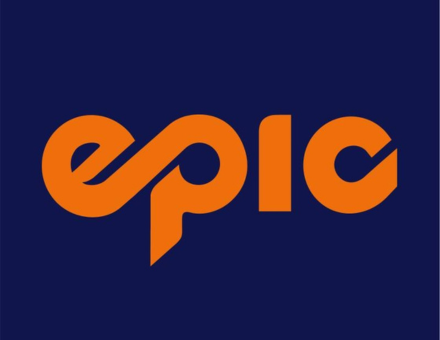SAM Magazine—Broomfield, Colo., Oct. 1, 2024—Vail Resorts' Epic Pass product sales through Sept. 20, 2024, for the upcoming 2024-25 North American ski season decreased approximately 3 percent in units and increased approximately 3 percent in revenue in sales compared to the prior year through Sept. 22, 2023.  Pass sales dollars are benefiting from an 8 percent price increase relative to the 2023-24 season, partially offset by a growing percentage of Epic Day Pass sales.
Pass sales dollars are benefiting from an 8 percent price increase relative to the 2023-24 season, partially offset by a growing percentage of Epic Day Pass sales.
After years and years of outreach and rapid growth, what's behind the flattening Epic Pass sales? It's possible that VR has already converted just about everyone for whom an Epic Pass makes sense. Perhaps there are just not many potential converts left.
The latest report indicates some minor improvement from the spring sales period, when unit sales were down 8 percent. Unit sales for the period from May 28 to September 20 were flat with year-earlier totals, and revenue was up 5 percent. VR CEO Kirsten Lynch said the improvement came from strong renewal sales, which the company believes were the result of delayed decision-making by past-year passholders.
"Season to date through September 20, 2024, the pass business achieved growth among renewing pass holders, demonstrating strong loyalty among our most tenured pass holders (those that have had a pass for three years or more)," Lynch added.
The decline in total units so far has been driven by a decline in new pass holders. This category, in VR parlance, includes lapsed Epic Pass holders, guests who previously purchased passes but did not buy a pass for 2023-24—a group that actually saw growth this year. That, however, was more than offset by a decline of new pass purchases from guests who had purchased day tickets in the past season, as well as a decline in pass purchasers who are completely new to VR's database.
In part, the decline in conversion of last year's day-ticket buyers reflected a smaller audience size, as day-ticket sales at VR resorts declined 17 percent last season. Further, VR said that last season's iffy weather "may have delayed the decision-making timing for new guests."
Lynch admitted that VR knows less about its potential customers who have never shown up to a Vail resort. "It's hard to know [what's influencing them] because they're not in our database. What I would suspect is that their decision-making about making a commitment ... is always closer to when the season starts."
Lynch believes that a normalization of visitation patterns post-Covid and last winter's iffy snowfall and snow conditions have affected new-customer sales. "I just can't say for sure at this point how much of each of those is impacting those individuals. But I do think there's an impact on them. And because so much of their decision-making happens late in the selling cycle, we really won't know how that group performs and what our results are among that audience until we get through our final deadline in December."
Otherwise, VR said, pass sales to date demonstrate a great deal of consistency. "Unit performance is consistent across destination and local guest segments, and Epic Day Pass products achieved modest unit growth driven by the strength in renewing pass holders," VR said. "As we enter the final period for season pass sales, we expect our December 2024 season to date growth rates to be relatively consistent with our September 2024 season to date growth rates."




